Aarathi Krishnan, Strategy and Foresight Advisor for UNDP, reflects on our collective learnings and unlearnings of 2020 and discusses the paradigm shift still required to help us move from proclamations of change to transformative change, and to redesign for fairer, more equitable, more just futures.
Earlier this year, just as the pandemic began and we were all processing the feelings of shock and disbelief, I wrote a piece on Medium furiously, in anger – at the state of the world that resulted in such a breakdown of our social and institutional structures as the pandemic ravaged us all. I felt shame and deep disappointment in our collective failed efforts at ‘progress’ and ‘development’ resulting in failures to actually make any significant transformations that equitably, sustainably, made life safe, and flourishing for all.
It’s now 9 months later. It has felt like the world has continuously turned on its axis this year – an ongoing rollercoaster of anxiety, grief, some excitement, stress, small moments of joy and rediscovery. For the sector and work I inhabit, there has been a deluge of conversations around what racism and a post-COVID world might mean for a redesign of what is arguably a colonial aid system or even, as an extension, the ‘social good’ space.
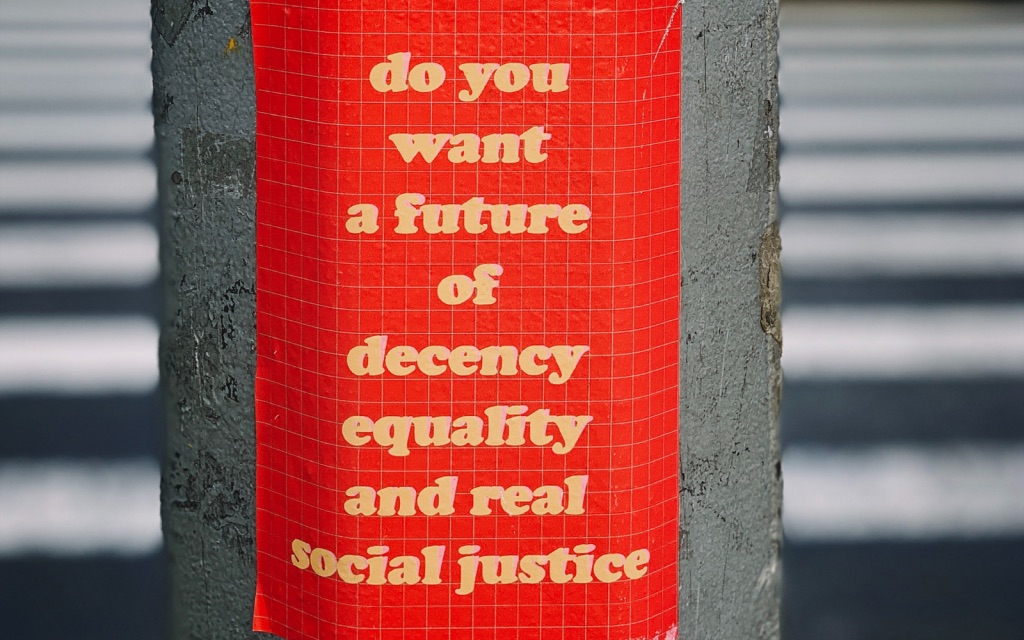
What I have seen shifting – is the birthing, the bravery, the amplification of a lot of difficult conversations that we have not been able to have in previous times.
I have seen an uplifting of our gaze – to one that is looking at our ancestry, to our obligations to each other and to our planet and to future generations.
I have seen a deep reckoning of our privilege and resulting inequities. I have seen numerous people organize and mobilize in ways that are so incredibly powerful, for a fairer, more equitable, more just futures for all people.
But the liminal space that we are in – recognizing that the decisions we make now will have implications for generations to come – is to also now lift the conversations that we have been grappling with emotionally this year. Our discussions around shifting the power, decolonizing aid etc – aren’t getting enough to the crux of issues that need to be interrogated.
Firstly, these issues have been talked about in multitudes of ways, for a very long time, what is different this time around? What are the tipping and leverage points that will shove us into a different paradigm and how can we design this transition gracefully?
Secondly, let’s not co-opt language. Decolonisation is not diversity and inclusion. Decolonisation is not a replacement for social justice and social good. There is a difference between when we talk about colonial, decolonisation, decolonial – and without understanding and respecting the nuance between them, we are only using language and narratives that fundamentally, don’t mean what we intend.
If we deeply mean that we want these type of transformation for better, more flourishing futures, then we need to also lift into the analysis the following:
- The multiple, interconnected implications of these transformations and what it might mean for the models, structures, frameworks etc in which we operate
- The trade-offs that we must or that we can’t accept
- The new roles we might be able to gracefully transition to
- The risks of embarking on this kind of systemic transformation and the risks of not embarking on it
- The structural systemic forms of inequity that need to be considered and designed out of our futures. We can’t do this without understanding our history and the roles we have all played
- What would it take to de-center our roles, and how can we be good allies and not continuously co-opt the process
- The assumptions we make of our roles, our relevance, our business models and the actual impact we have in the world and whether this is a continued fault line for our futures (um yes it is).
Systems and institutions don’t change because it’s the right thing to do, it changes because there is an articulated value proposition and a designed alternative. If we can rigorously analyse these strands (and I don’t posit them as finite, there will be many more I haven’t considered) – then we can finally move away from esoteric, grey, proclamations of change to doing the gritty work of hard transformations.
More than all this, change processes aren’t exogenous. They also require deep existential individual change and unlearning. We cannot talk about what we are doing externally, without also putting on the table what we are going to change ourselves.
I’ve often said ‘we signed up to change the world, but we didn’t think we had to change ourselves in the process’.
I am learning how I have shackled my own mental models in coloniality – and the impacts of subscribing to the ‘model minority myth’. I am unlearning that. I am learning that true change processes are hard, gritty, unsexy, unshiny. I am unlearning the frame of ‘let’s burn it all down’ and learning ‘how can we rebuild with conscious intent, and with grace’. I am unlearning binaries and learning plurality – so that all our identities and whatever we prescribe to can exist – peacefully, and in safety.
I finish 2020 with these personal reflections. How we turn up matters, individually and as a group. How we bring people together matters and how we design for equity matters. We have collectively learned and unlearned so much this year – so what are we now going to do with this new knowledge? Together, we know more, and so together we must be better.
Read next:
Why Futures, Why Now? By Joy Green
Join our live debate:
Holding a mirror to 2020: what have you seen, heard and experienced?
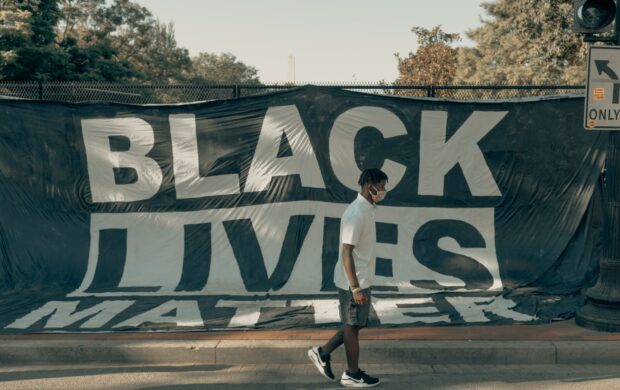
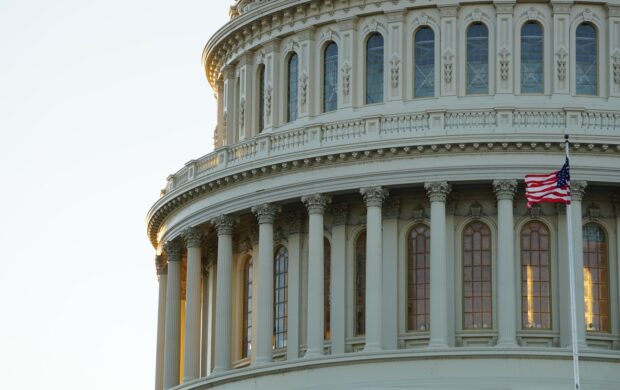
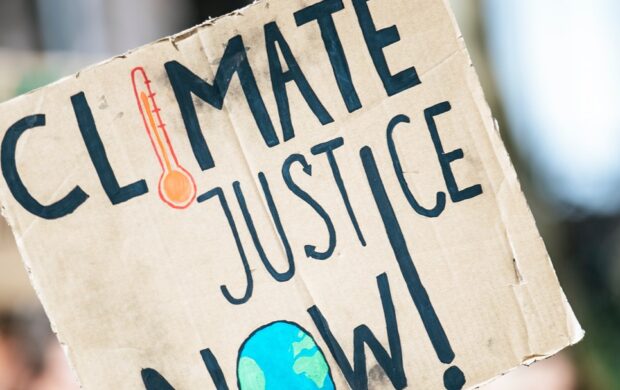

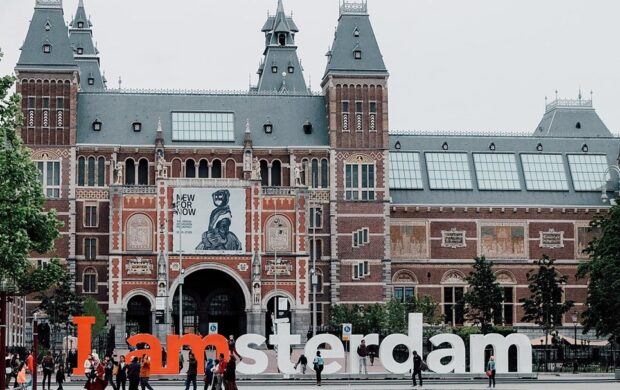
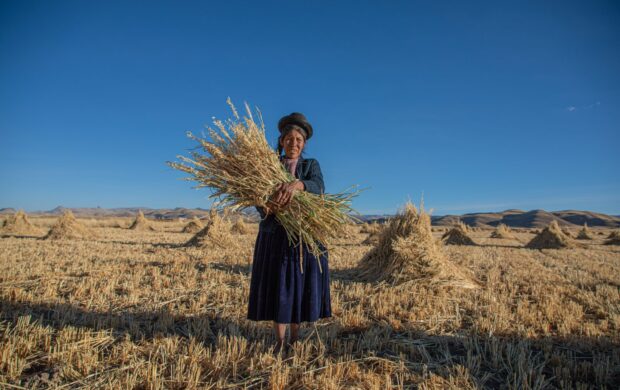
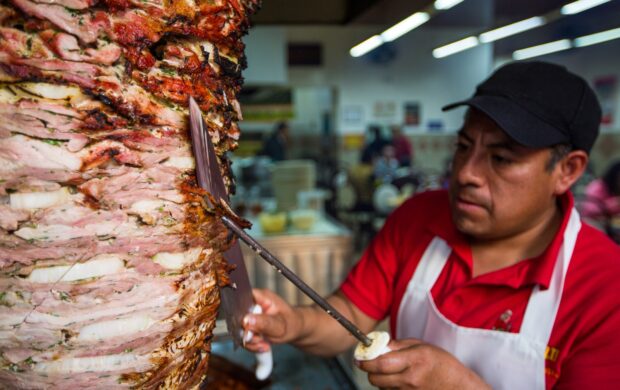
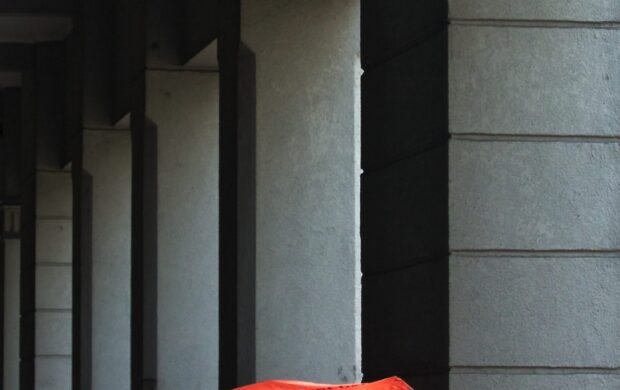



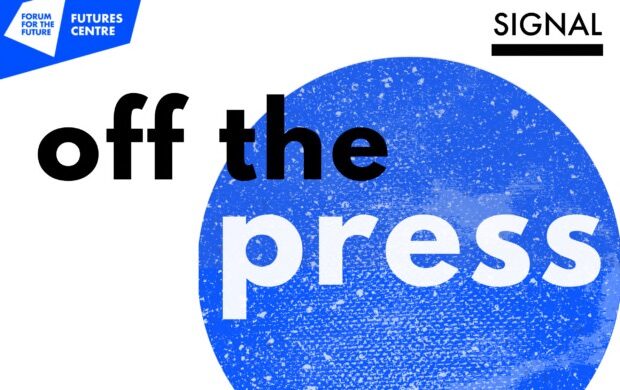
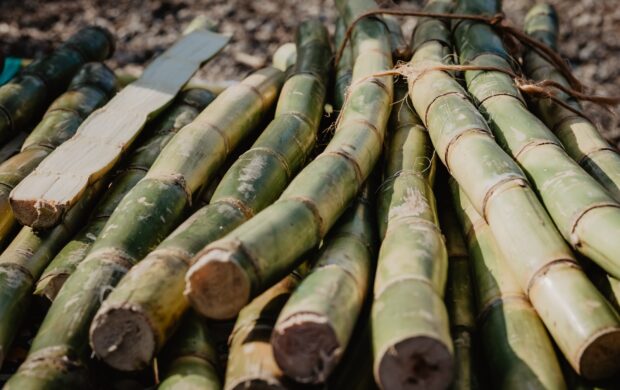

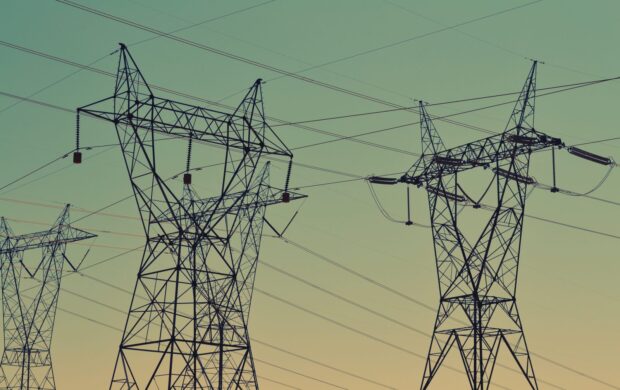
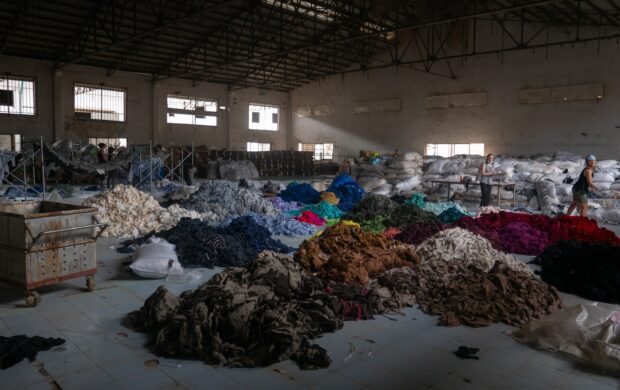

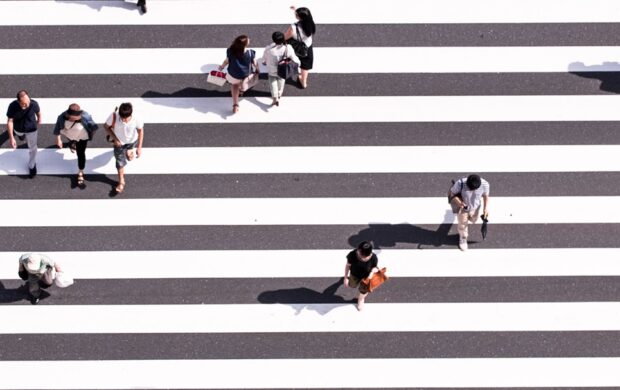

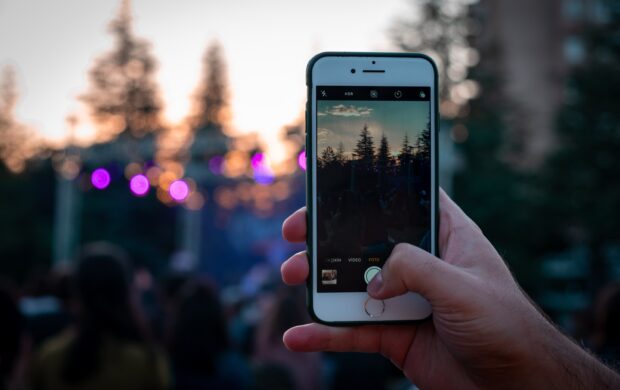

Join discussion